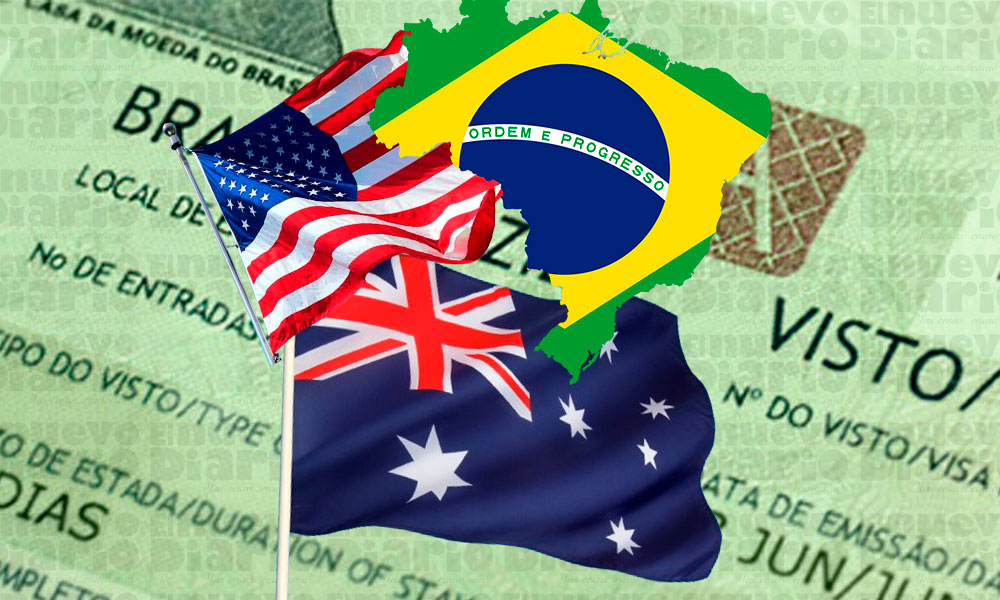Starting Thursday, April 10, 2025, Brazil will officially reinstate visa requirements for citizens of the United States, Canada, and Australia. The decision marks the end of a six-year policy that had granted visa-free entry to travelers from those nations. According to a statement from the United States Embassy in Brasília, American citizens visiting Brazil after April 10 will still be eligible to apply for visas through a streamlined electronic system.

The move aligns with President Luiz Inácio Lula da Silva’s efforts to restore diplomatic balance through reciprocity-based policies. It also comes at a time of heightened friction between Brazil and the United States over recent trade restrictions.
The visa exemption policy being overturned was originally introduced by former Brazilian President Jair Bolsonaro in 2019. A staunch ally of U.S. President Donald Trump, Bolsonaro had implemented the visa waiver unilaterally to encourage tourism and signal closer ties with the West.
However, critics at the time argued that the decision violated Brazil’s longstanding principle of reciprocal diplomatic treatment. While Americans, Canadians, and Australians were permitted to enter Brazil without a visa, Brazilians still needed visas to visit those countries.
President Lula, who defeated Bolsonaro in the 2022 election, reversed the exemption shortly after taking office. In March 2023, he announced plans to reintroduce visa requirements for the three countries, emphasizing that Brazil should not offer privileges that its citizens do not receive in return.
Although the visa exemption was suspended in 2023, its enforcement was postponed three separate times as the Lula administration sought to negotiate reciprocal access for Brazilian citizens. Despite extended diplomatic engagement, no agreements were reached with the governments of the United States, Canada, or Australia.
Foreign ministry officials said the reinstatement was inevitable given the lack of progress. Lula’s government framed the move not as a punishment, but as a necessary measure to restore fairness in international relations.
Brazil’s Senate passed legislation earlier this year that would have continued the visa exemption for the three countries. However, that momentum faltered after former President Trump imposed a 10 percent tariff on Brazilian goods.
The new trade barriers altered the political calculus in Brasília. Lawmakers in the lower house, particularly those allied with Speaker Hugo Motta, signaled that the visa exemption bill would not advance to a final vote in light of the economic provocation by Washington.
In response to the deteriorating trade environment, Brazil’s Congress moved swiftly last week to approve a new reciprocity bill. The legislation gives the Lula administration expanded authority to impose retaliatory tariffs and other measures on countries that restrict Brazilian imports or maintain unequal visa rules.
Although the bill still awaits Lula’s formal signature, its near-unanimous passage in both chambers reflects a growing national consensus in favor of assertive foreign policy tools. Government insiders say the new law will be used to counterbalance unfair treatment in both travel and trade.
Despite the policy shift, Brazil has emphasized that the visa process for U.S., Canadian, and Australian visitors will remain accessible and modern. All travelers from the affected countries will be able to apply for visas electronically through the official platform.
Officials hope this approach will minimize disruptions to tourism while ensuring that Brazil maintains parity in its diplomatic and travel relationships.


